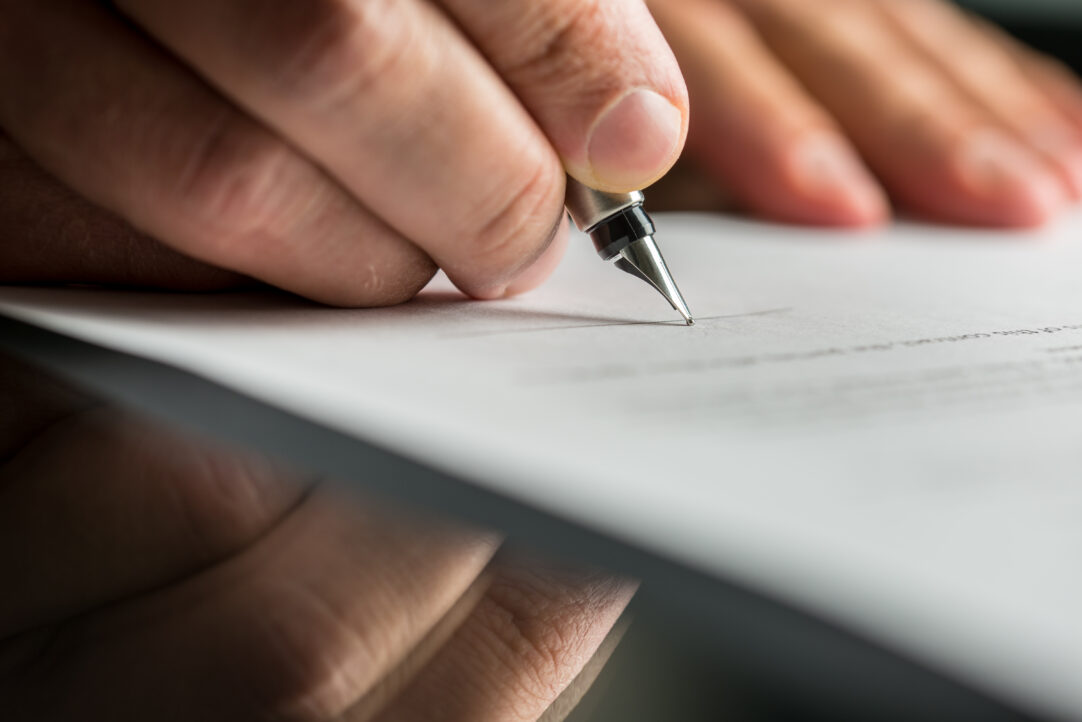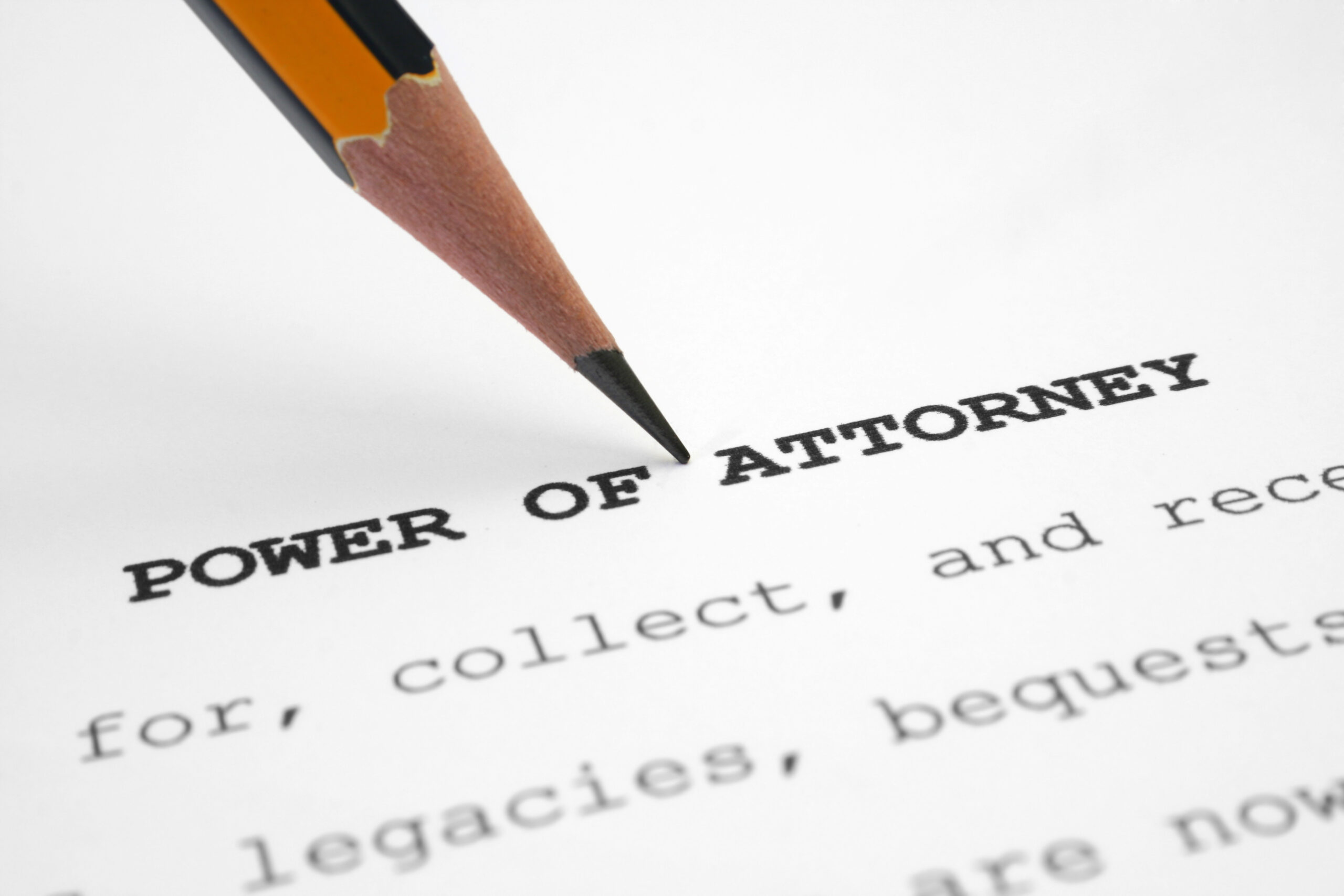Writing a Will ensures that your wishes for what happens to your estate after you die are carried out. This includes identifying the people you want to inherit your possessions, property and money as well as planning for the future care of any people who are dependent on you.
Writing a Will can be very complex. Enlist the help of our specialist team of Will writing solicitors to guide and advise you through the entire process.
As long as you are over 18, you are never too young to write a Will, especially if you have young children. Give yourself and your loved ones peace of mind by contacting our team today.
Making a Will – our process
As a Will is such an important legal document, you must take the time to carefully consider what your wishes are for the distribution of your estate. At Trethowans, we have a team of Will writing solicitors to guide and advise you throughout the entire process of writing a Will to ensure it is clear, accurate and legally binding.
A Will can get complicated, especially for those with large estates, so we break our service down into easy to follow steps which include:
- Valuing your estate: so it is clear what your estate is made up of, we will help you draw up a list of your assets and debts which typically include; property, savings and investments, life insurance or endowment policies, pensions and valuable or sentimental belongings. You also need to consider any debts such as mortgages, credit card balances, overdrafts and loans.
- Decide who gets what: once you know what is in your estate, our next step is to decide how you want to divide your estate and who gets what. The people you name to receive any items in your Will are called beneficiaries.
- Choose who will distribute your estate: you must nominate a person or persons to have the responsibility of distributing your estate. They are called executors. This job involves a lot of work and responsibility, so consider the people you want to appoint carefully.
- Writing the Will: A Will is a legal document. A solicitor is the best person to help you write it to ensure it follows the correct legal protocols and to safeguard it from potential challenges later on.
- Safe storage: once you are happy with your Will, you can store it safely with Trethowans. We allow you to easily review and make changes as and when it becomes necessary. This also ensures it doesn’t get lost.
When it comes to drafting a Will it is vital to make sure it is done right to give you both peace of mind that your loved ones will be looked after once you’re gone and to make the already difficult time following your death that little bit easier for those left behind.
Why choose Trethowans?
Our team of Will writing solicitors will help you ensure that your wealth and assets are allocated in a way that is advantageous and in line with your wishes. We have one of the largest teams of private client solicitors in the South, with offices located in Bournemouth, Poole, Salisbury, Winchester and Southampton.
























